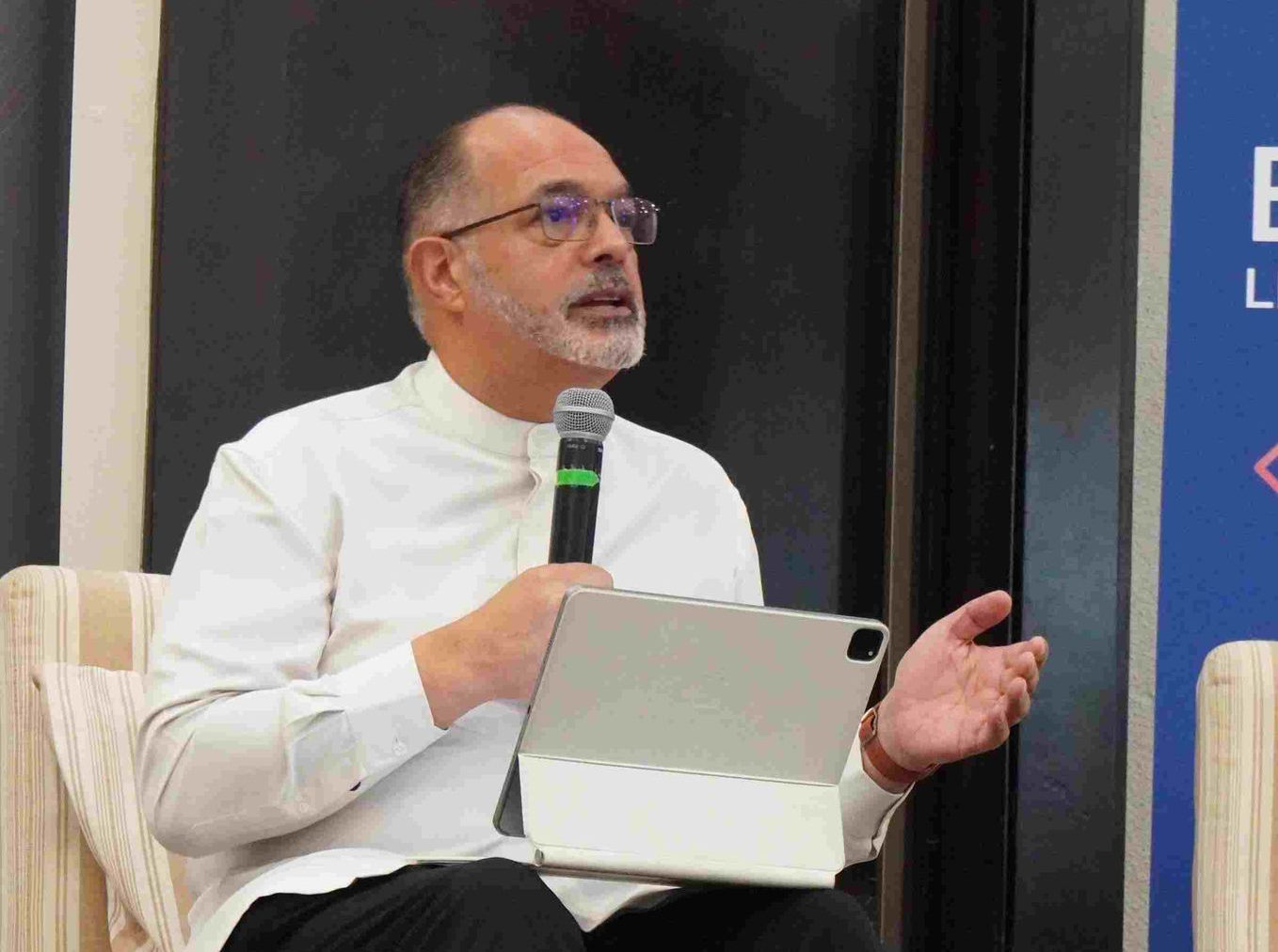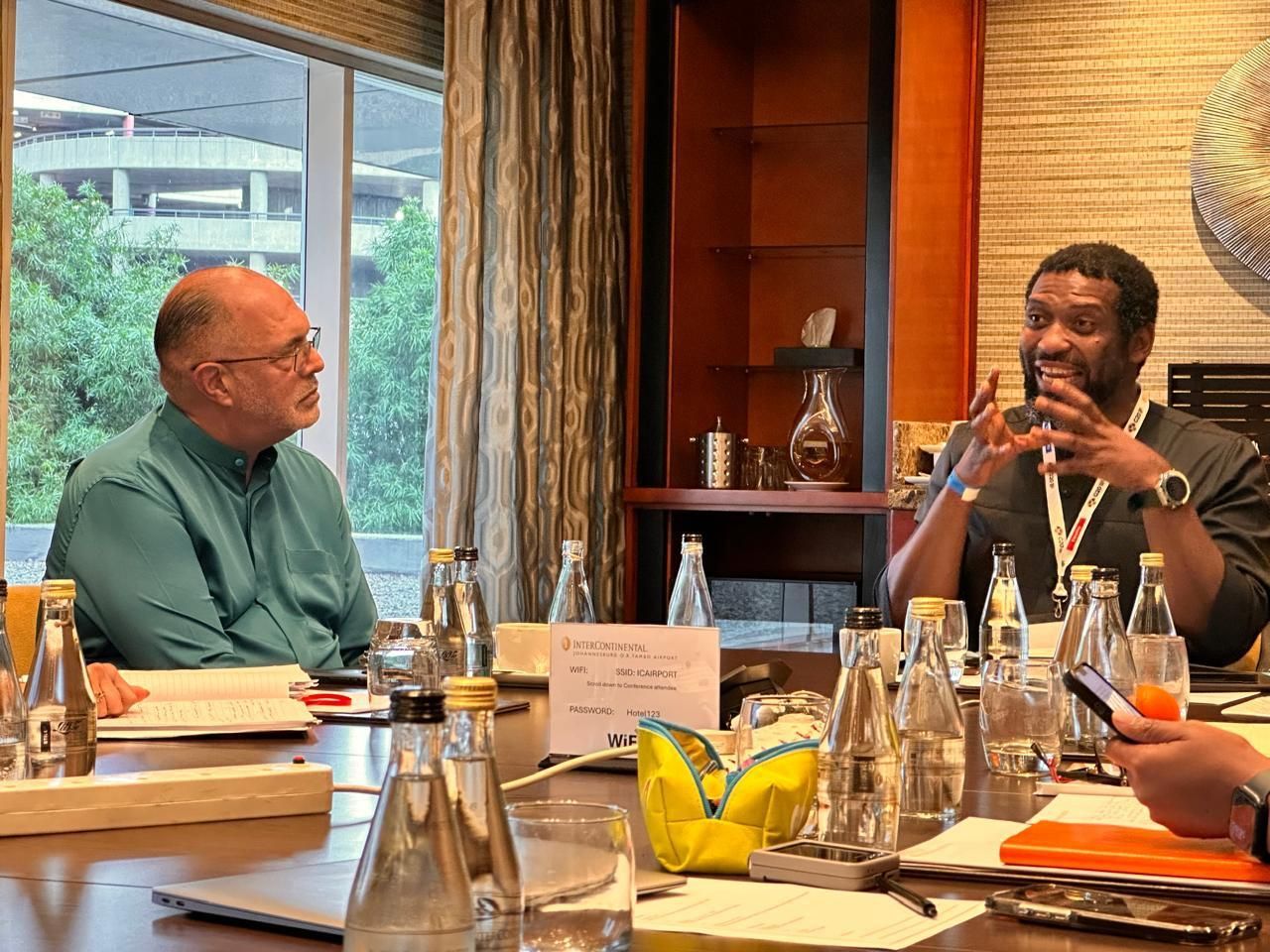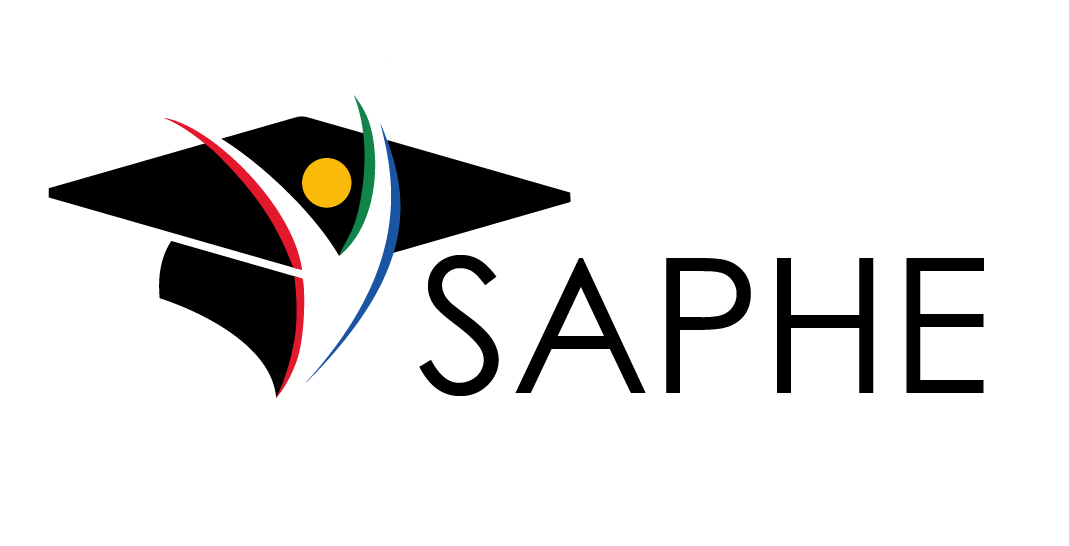Stimulating thoughts set the stage at SAPHE Conference
The SAPHE Conference, held on 7 November at the IMM Graduate School in Parktown, Johannesburg, provided a valuable platform for thought leadership, academic dialogue, and the exchange of research initiatives. The event fostered lively engagement among attendees, including academics, researchers, and industry stakeholders, all united by their commitment to advancing the landscape of higher education.
Call for collaboration
Setting the tone for the conference, Dr Divya Singh from STADIO, the MC of the SAPHE Conference, quoted Helen Keller: "Alone we can do so little; together we can do so much." She encouraged institutions to embrace a spirit of “co-opetition”, working together despite being competitors, as this would benefit the entire HE system.
This call for collaboration was echoed by keynote speaker and CEO of the Council on Higher Education (CHE), Dr Whitty Green. In his opening address, he advocated for a unified higher education (HE) sector, emphasising that the distinction between public and private institutions should be discarded. He stressed the critical role that all institutions play in the HE landscape and encouraged them to identify their unique strengths and contributions to address the diverse needs of society.
A responsive HE system embedded in society
Dr Green underscored the importance of a responsive higher education system that is embedded within the social fabric. He said HE institutions had to be cognizant of the challenges and opportunities that exist at sectoral, local, and global levels, and to integrate these considerations into their teaching and research endeavours.
He emphasised the need for the HE sector to actively participate in building a democracy and addressing societal challenges at multiple levels. This would require a multidisciplinary approach, moving away from siloed thinking and embracing collaboration.
Equipping graduates to address global and local challenges
He further highlighted the crucial role of HE institutions in preparing graduates who are equipped to tackle global challenges such as climate change, energy concerns, and food and water security, as well as local issues like unemployment and inequality.
Dr Green posed a thought-provoking question to the audience: "What is the role of HE in society? If HE is for the public good, why does the sector not enjoy the support of the public?" He urged the HE system to take collective responsibility to address this disconnect and earn the public's trust.
Championing student-centric and academic-centric HE
Speaking about the role of academics, Dr Green advocated for a student- and academic-centred HE system. He outlined the principles of the National Framework for Enhancing Academics as University Teachers and related action imperatives which include, amongst others, professional development, leadership development, recognition and awards, and knowledge production and sharing about teaching and learning.
He passionately discussed the interconnection between theory and practice in the Scholarship of Teaching and Learning (SOTL), highlighting the importance of scholars of teaching and learning who are willing to confront the ethical, intellectual, and pedagogical challenges of their work.
Research areas in HE
Turning to research, Dr Green expressed the need for research that focuses on the HE space. He identified a range of potential research areas, including disability in the post-school sector, educational supply and demand, and optimal lecturer-student ratios.
In conclusion, Dr Green highlighted the CHE's contributions to the scholarship of HE over the past 25 years and outlined the research themes that the CHE has prioritised.
The SAPHE Conference 2023 served as a catalyst for thought-provoking discussions and a renewed commitment to advancing the quality and impact of higher education in South Africa.



